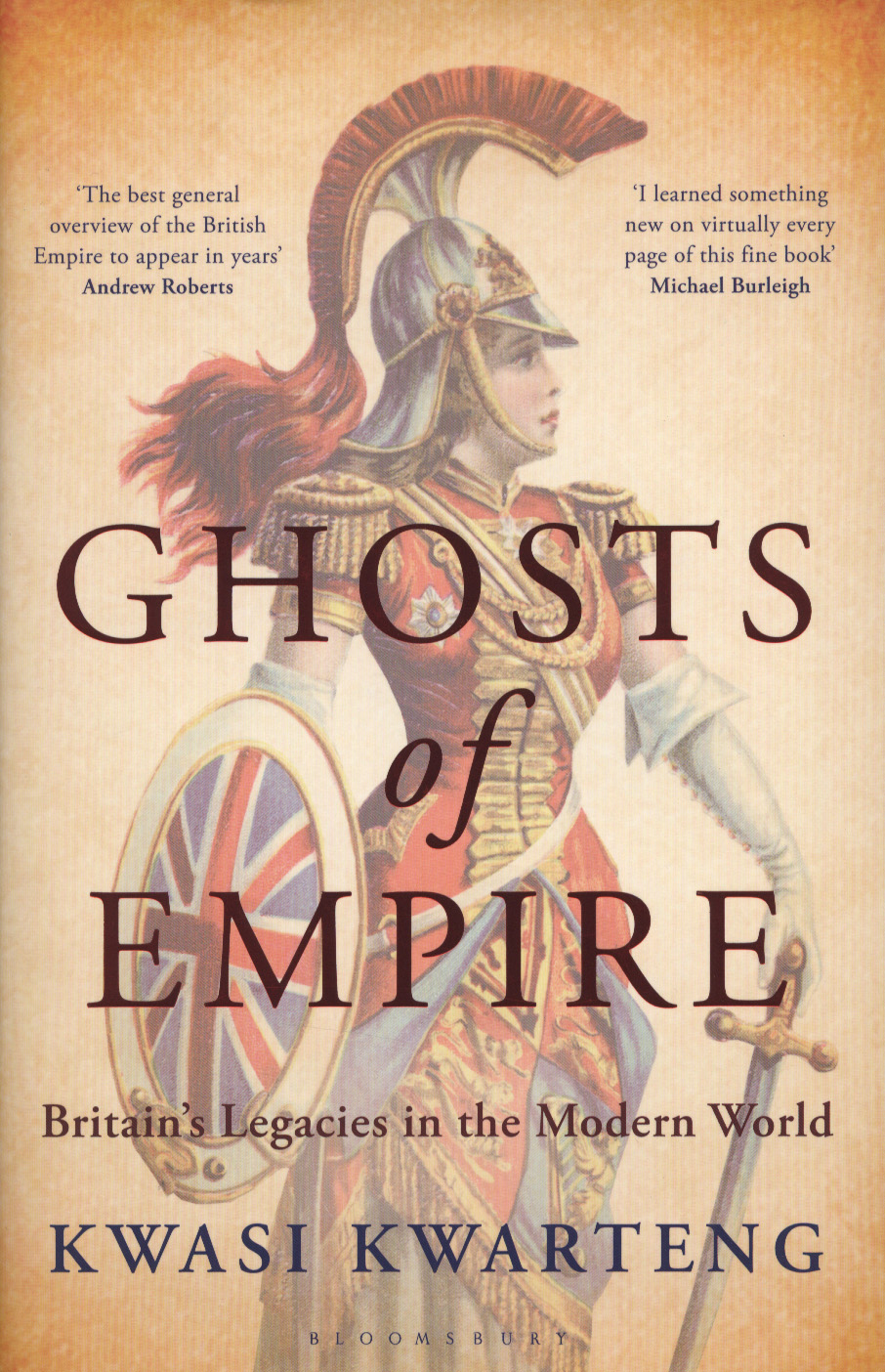In August 1953, the CIA, in concert with its British allies, orchestrated the downfall of Iranian Prime Minister Muhammad Mossadeq. Mossadeq, an ardent and popular nationalist, was instrumental to the movement against the Anglo Iranian Oil Company (AIOC); a movement which demanded that control of Iran’s natural resources was returned to native hands.
 In this concise and revealing history, Ervand Abrahamian,
prominent Iranian scholar and Professor of History at City University of New
York, argues that the events of 1953 must be viewed in their proper context. For
too long, he contends, two myths about the coup have passed unchallenged: that
Mossadeq- stubborn and fanatical- refused to compromise, and that the Cold War
impacted heavily upon Anglo-American calculations.
In this concise and revealing history, Ervand Abrahamian,
prominent Iranian scholar and Professor of History at City University of New
York, argues that the events of 1953 must be viewed in their proper context. For
too long, he contends, two myths about the coup have passed unchallenged: that
Mossadeq- stubborn and fanatical- refused to compromise, and that the Cold War
impacted heavily upon Anglo-American calculations.
In order to counter the former, Abrahamian depicts Mossadeq
as a rational and experienced political operator who recognised and successfully side stepped all
attempts to sign Iran up to ‘pseudo-nationalisation’.
Yet, while there is evidence to support his argument- the British position was to pay ‘lip service to the nation’ whilst ‘keeping effective power in our hands’- Mossadeq, it is fair to say, did have a belligerent streak. For instance, when, in 1952, the Shah failed to agree to greater civilian control of the armed forces Mossadeq resigned as Prime Minister, provoking a constitutional crisis.
Yet, while there is evidence to support his argument- the British position was to pay ‘lip service to the nation’ whilst ‘keeping effective power in our hands’- Mossadeq, it is fair to say, did have a belligerent streak. For instance, when, in 1952, the Shah failed to agree to greater civilian control of the armed forces Mossadeq resigned as Prime Minister, provoking a constitutional crisis.
That said, Abrahamian is probably correct when he claims
that it has long suited historians to portray Mossadeq as the architect of his
own downfall. Indeed, he both challenges such interpretations
and ridicules the many prejudiced news reports which surfaced at the
time. Yet, although contemptuous of their content, Abrahamian
contends that such stories, and the cultural notions they propagated, played no significant part in the coup.
In the main, this was because the dispute was a
rather simple one: it was about control over Iran’s natural resources. Consequentially, The Coup dismisses all notions that Anglo and (in particular) American
interest stemmed from Cold War concerns. The coup, Abrahamian argues, was not
about checking the communist Tudeh party or limiting Moscow’s reach, it was
about oil and preserving the status of the AIOC.
In order to prove this, the author details the negotiations which followed the Oil Nationalisation Act of
1951. Although this produces no bombshells, Abrahamian does show that when the
State Department did produce a plan broadly acceptable to Mossadeq (the Iranians
would control the exploration, production and transportation of crude but would
sell the crucial Abadan refinery to a foreign- but not British- company, pay
the fees of this transaction to the AIOC in ‘compensation’ and agree to sell a
large amount of oil annually to the AIOC in the medium term), it was dismissed
out of hand by London who declared that ‘oil production in Persia must be
subject to British control and distribution’.
Ultimately, the Brits got what they wished. Although the
coup was a bumpy affair- the military’s first attempt to take control failed- the resultant oil deal saw BP control 40% of the consortium
and Shell another 15% (although Dutch, Shell was widely viewed as
British aligned company).
Of course, such an outcome runs contrary to the accepted notion that immediately after the Second World War Britain, and her Empire, fell into a state of steady and deep decline. It is for this reason, Abrahamian speculates, that historians have tended to prioritise Mossadeq’s decision making and the involvement of the CIA.
Of course, such an outcome runs contrary to the accepted notion that immediately after the Second World War Britain, and her Empire, fell into a state of steady and deep decline. It is for this reason, Abrahamian speculates, that historians have tended to prioritise Mossadeq’s decision making and the involvement of the CIA.
At this point, instead of allowing his history of the coup
to stand alone, Abrahamian broadens his focus and lists what he considers the three legacies of 1953 : it made secular rule appear
weak, it discredited the monarchy and it gave rise to a culture of suspicion
and paranoia that continues to this day.
While I feel he may be pushing slightly too far (I don’t
accept the contention that the West has only itself to blame for having to deal with the likes of Ahmadinejad and not another Mossadeq), there can be no
doubt that 1953 had a profound effect on Iranian political life. Moreover, Abrahamian’s depiction of Western and British success may explain the belligerent line taken against
Nasser in 1956.
More broadly, by boiling down a much analysed event to its
bare bones, The Coup performs an
important- and often neglected- historical function. Increasingly major events
are subject to countless interpretations each of which emphasises how a
seemingly small or relatively insignificant aspect actually determined the
course of events. Without care, this can complicate matters to such an extent
that root causes become obscured, or at least conflated with less meaningful
concerns.
By rejecting the Cold War framework and revising the conduct of
Mossadeq, Abrahamian is able to focus on what truly counts: the battle over
Iranian natural resources. While this means The
Coup is not a complicated (or lengthy) book, it is certainly both
entertaining and revealing. It is a useful volume for experienced Iran watchers
and novices alike.
